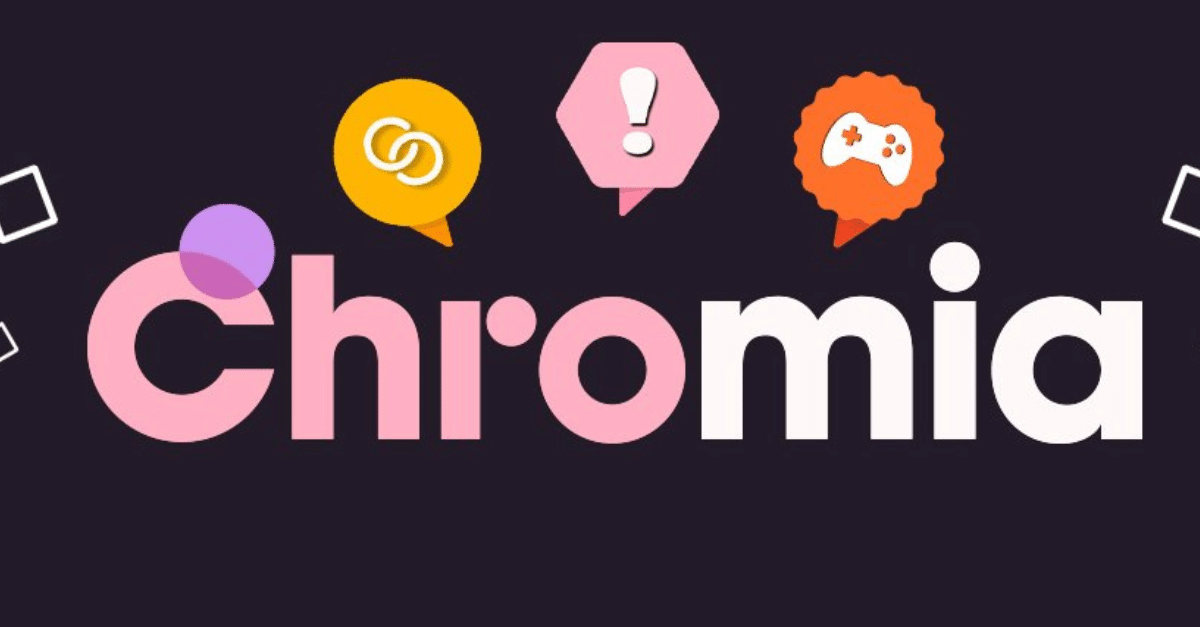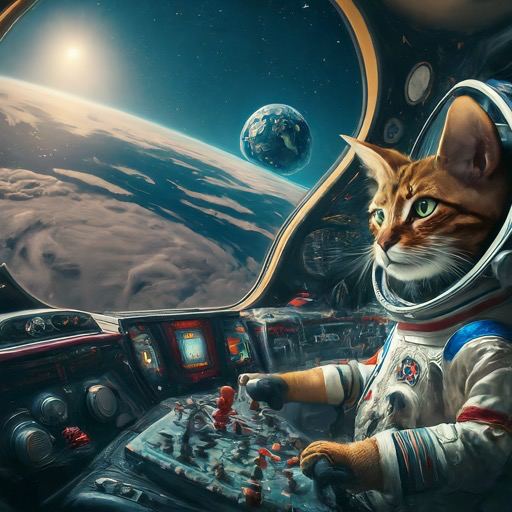Exploring the boundaries of AI in the creative domain: Can machines match human ingenuity?

Creativity, considered a unique human characteristic, is experiencing a renaissance in the era of artificial intelligence (AI). Recently, a research paper titled ‘Can AI be as creative as humans?’ was published. We delved deeply into the exploration of creativity in humans and artificial intelligence. Historically, creativity has been the backbone of innovation and social development. But with the advent of AI, the boundaries of creativity are being redefined. Research paper “Can AI be as creative as humans?” A team of experts from prestigious institutions provides a pivotal exploration of this topic.
This paper highlights the transformative role of AI in both practical and creative domains. In particular, AI has shown itself to be adept at solving complex problems such as drug and protein synthesis, as highlighted by Jumper et al. (2021). But more interestingly, AI has made progress in artistic pursuits, from composing poetry to writing narratives, challenging the notion that creativity is solely the domain of humans.
These changes raise fundamental questions about the nature of creativity and the role of AI. Can AI truly be creative, or is it simply mimicking learned patterns? Solving this problem requires considering the current capabilities and limitations of AI. AI systems, especially advanced generative models, have demonstrated the ability to generate new ideas and concepts. For example, AI-generated works of art have gained recognition through algorithms that create works that have sold in famous galleries.
But creativity isn’t just about generating new ideas; it’s also about understanding and connecting with human emotions and experiences. These aspects of creativity, often intertwined with human experience and subjectivity, present challenges for AI. AI can replicate patterns and styles, but its ability to truly understand and evoke human emotions is still a matter of debate.
In a broader sense, integrating AI into the creative process can usher in a new era of innovation. In industries like advertising, entertainment, and design, AI’s ability to quickly generate new ideas could be a game changer. It can also democratize creativity, allowing individuals without traditional artistic skills to express themselves creatively through AI tools.
But this also brings ethical considerations. As AI becomes more prevalent in creative fields, questions about authorship, originality, and the value of human creativity are emerging. The balance between human creativity and AI support must be carefully considered to ensure that AI enhances human creativity rather than replaces it.
In conclusion, AI has made significant progress in the creative realm, but matching the depth and breadth of human creativity remains a complex challenge. The future of AI in creativity is not to replace human ingenuity, but to collaborate and enhance creative capabilities, ensuring that AI serves as a tool to expand human creativity, rather than limit it.
Image source: Shutterstock



